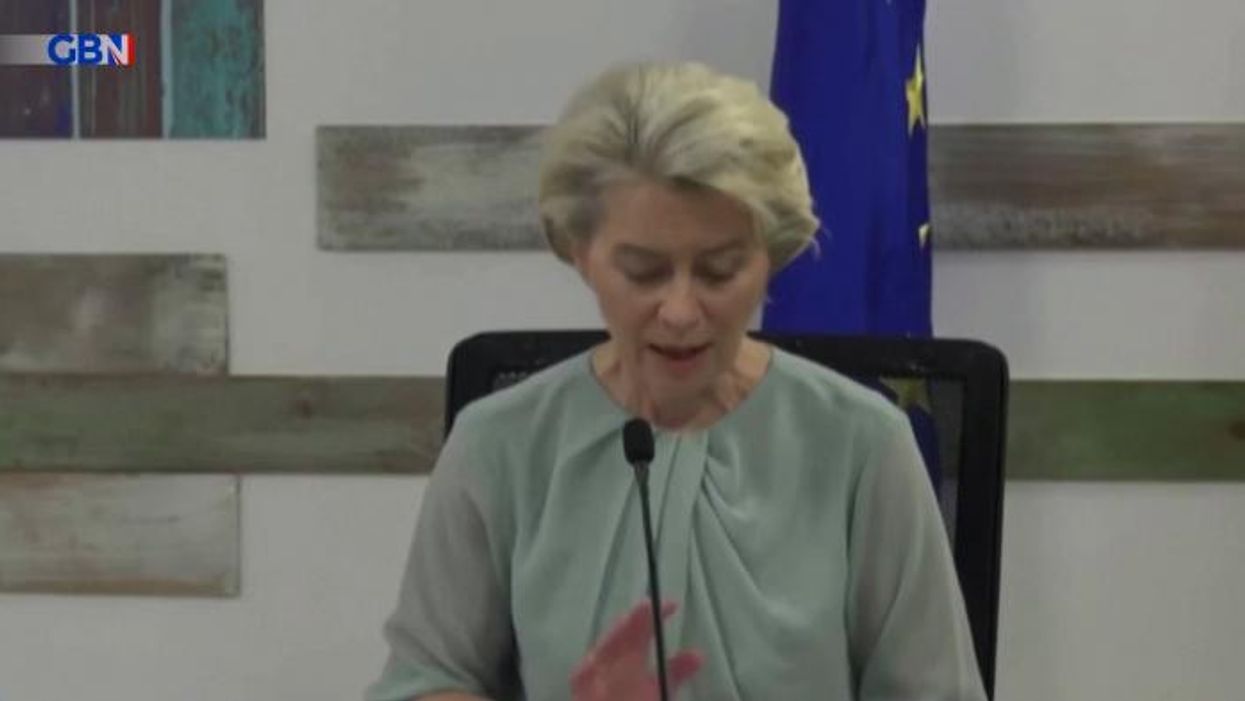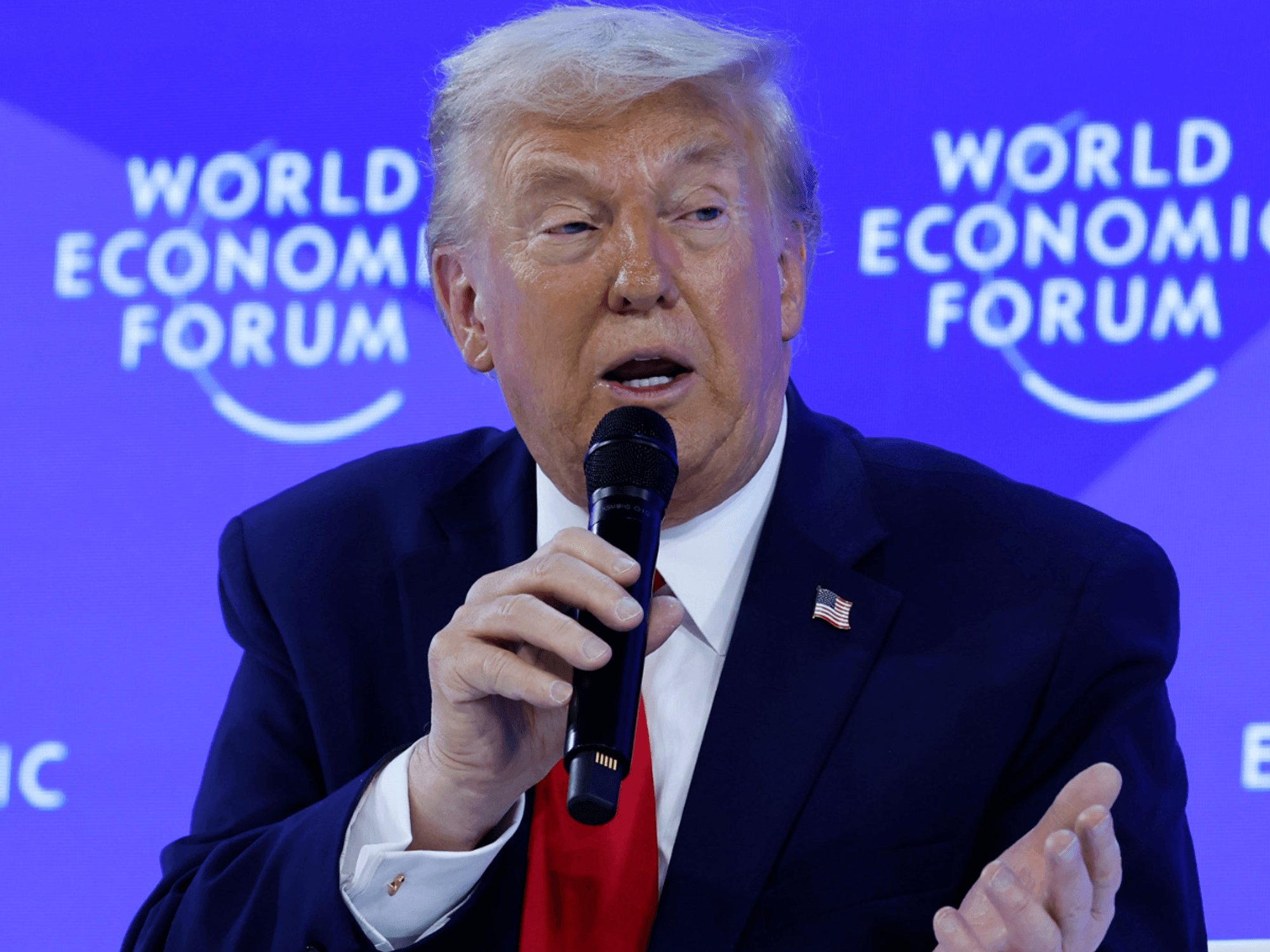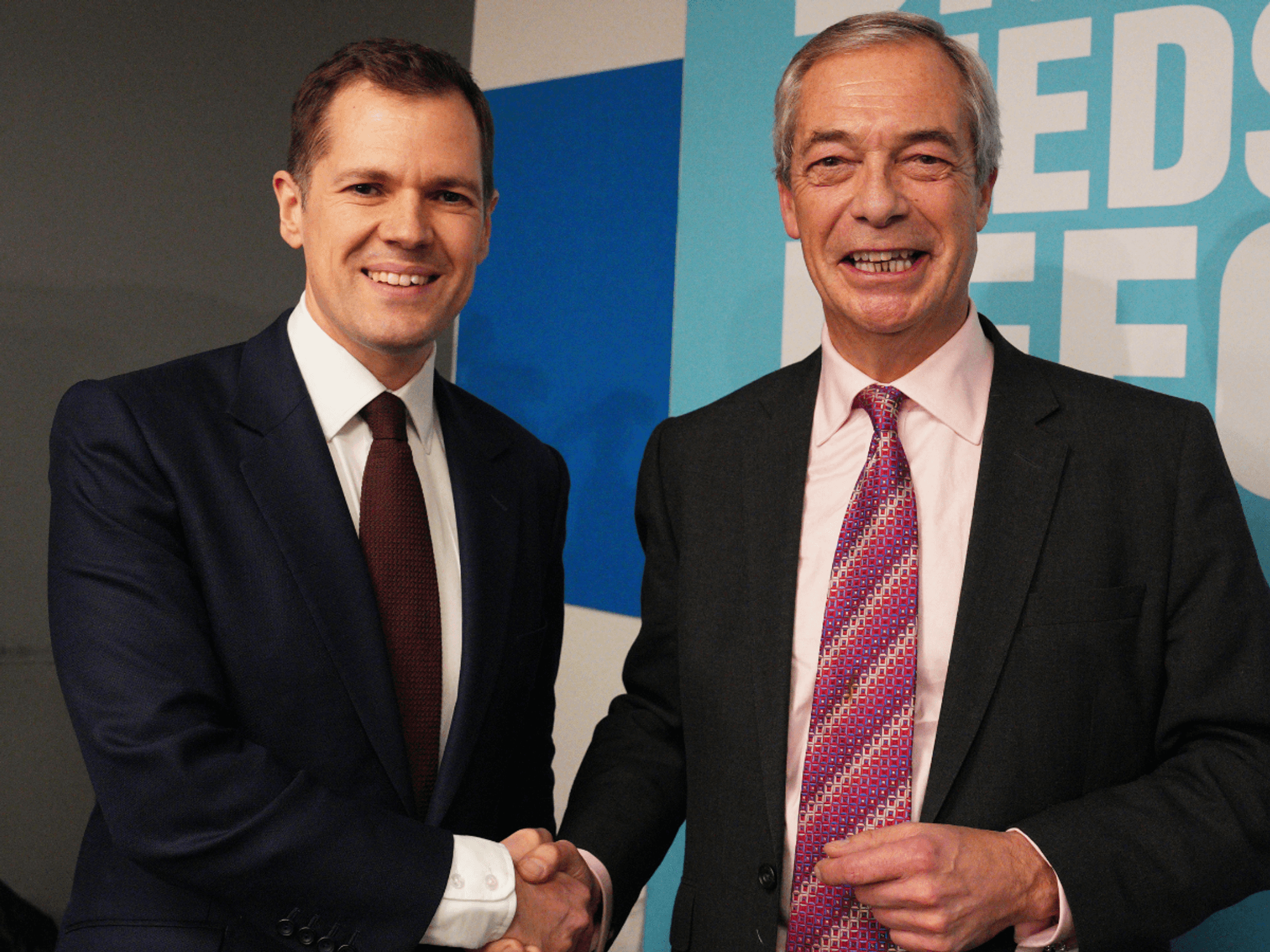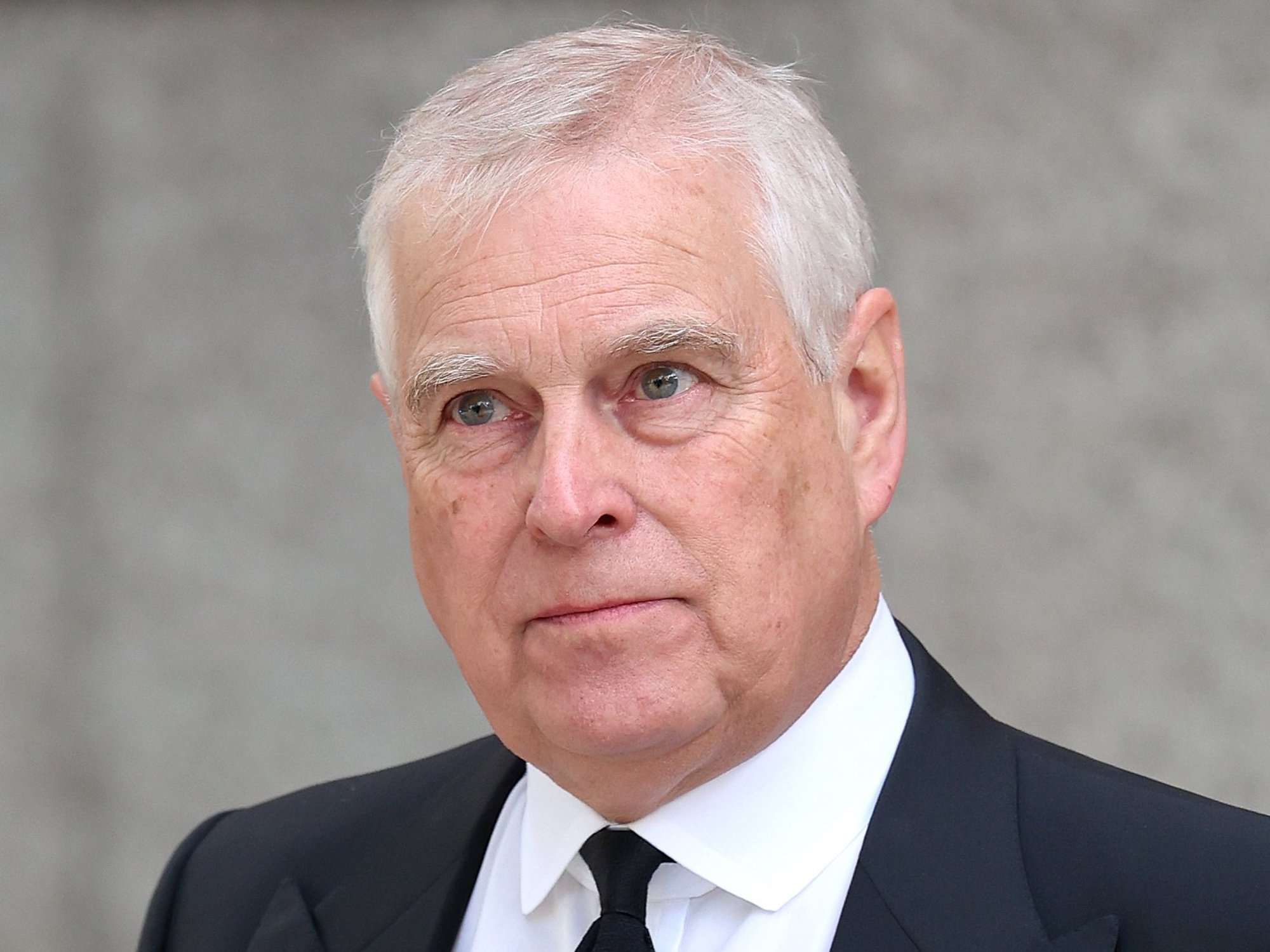Ursula Von der Leyen's humiliating climbdown exposes the EU's plan to copy Britain on migration - analysis by Millie Cooke

The EU seems willing to go as far as the UK Government decided to go when it agreed a migration deal with Rwanda
Don't Miss
Most Read
Last week, Ursula von der Leyen made a revealing admission.
She warned: "We Europeans are the ones who decide who comes to the European Union and under what circumstances".
While it is very much in line with the EU's increasingly tough rhetoric on migration, it came alongside a clear indication of how far the EU is willing to go on this issue.
The debate saw Von der Leyen explain how the bloc is seeking third country investment and migration deals with African countries like Tunisia and Egypt.
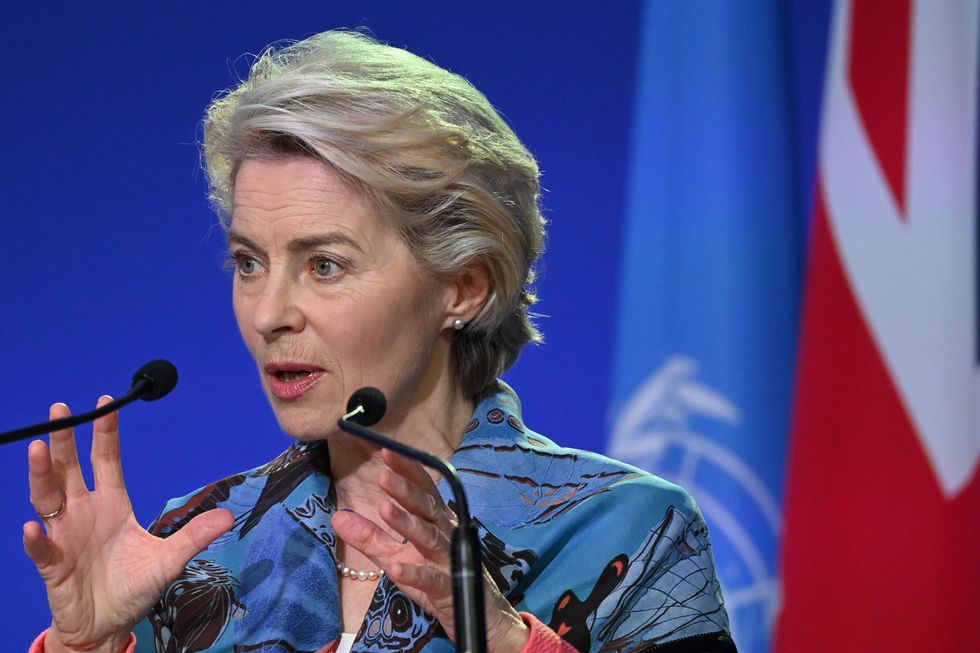
Turns out the EU is willing to go as far as the UK Government decided to go when it agreed a migration deal with Rwanda
|PA
Sound familiar? Obviously. Turns out the EU is willing to go as far as the UK Government decided to go when it agreed a migration deal with Rwanda.
It came just days after the European People’s Party (EPP), to which Von der Leyen belongs, said it wants to “implement the concept of safe third countries.”
In its manifesto for the European Elections in June, it said: “Anyone applying for asylum in the EU could also be transferred to a safe third country and undergo the asylum process there”.
It adds: "In case of a positive outcome, the safe third country will grant protection to the applicant on-site."
Major differences between this plan and the Rwanda scheme are yet to be made clear. And it is a significant departure from previous comments made be EU figures.
Just days after the UK's Rwanda legislation was granted Royal Assent, French President Emmanuel Macron said migration policies that involve sending people to African countries are “a betrayal of our [European] values".
While European Commissioner for Home Affairs Ylva Johansson ruled out any similar policies, saying such a move would not be part of the EU's new migration pact.
Von der Leyen's movement on the issue comes despite a growing row between the UK and Ireland over the flow of migrants into the bloc from Northern Ireland.
As a result of the new legislation, increasing numbers of asylum seekers from the UK are said to be crossing the border into Ireland to avoid the risk of being put on a plane to Rwanda.
In response, Ireland begun drafting its own legislation - threatening to use it to return asylum seekers who crossed the border from Northern Ireland back to Britain.
The country's Justice Minister, Helen McEntee - who had raised concerns over a surge in asylum seekers across the Northern Irish border - warned: "That's why I'll have emergency legislation at cabinet this week to make sure that we can effectively return people to the UK, and that's why I'll be meeting the Home Secretary to raise these issues on Monday."
The double standards here were not lost on UK lawmakers, with the PM's official spokesperson saying the UK won't accept returns from Ireland, "just as the EU doesn't accept asylum returns from the UK to France."
The spox said: "Even if Ireland was to pass legislation, it is up to the UK Government to decide who we do and don’t accept into the country and, clearly, we aren’t going to start accepting returns from the EU just as the EU doesn’t accept asylum returns from the UK to France.”
Ireland's attempt to unilaterally impose a returns agreement goes against everything the EU has said to the UK when it comes to any similar agreement - with the UK being told in no uncertain terms that returns agreements would need to be come to with agreement from both sides.
LATEST DEVELOPMENTS:
But the immediate attempt to push back against the flow of migrants, to many UK officials, suggests that the Rwanda plan is "working".
Perhaps that is why the EU - which has faced serious internal concerns over the number of people arriving in the bloc - has moved so quickly to pursue their own agreements.


